Project Description
Lorde
“Melodrama”
(Album Review)
.
.
I first encountered Lorde on a friend’s iPod in my senior year of high school. With Royals, we felt as if we’d struck musical gold. When it grew to tremendous popularity in the following months, we wore smug grins of hipsteresque pride as we, too, counted our dollars on the train to the party. But while high school has mostly faded from memory, Lorde’s canny musicianship hasn’t— in fact, it’s grown in both prominence and prowess. Melodrama, Lorde’s sophomore album, is a step up from the cynical teenage insights of her debut album Pure Heroine into a mature commentary on adjusting to a post-juvenile life.
.
When I first read the track listing I expected Melodrama to be a concept album— with a reprise, a sequel, and a song in two parts, it looked to be following in the footsteps of Halsey’s hopeless fountain kingdom, which was released only weeks earlier. However, Melodrama offered more than a loose narrative. Every song, even the reprises, offered a slightly different emotional palette, a more nuanced synaesthetic experience, but still Lorde’s signature dark-pop.
“But I hear sounds in my mind/Brand new sounds in my mind”
Melodrama opens with Green Light, which itself has already gone. Led by pure piano chords and Lorde’s unique vocal timbre, the track immediately offers a hint of frustration over a relationship (she thinks you love the beach/you’re such a damn liar). As the song’s pulse kicks in and the piano picks up, this frustration transforms into “brand new sounds” and Lorde launches headfirst into her first anthem of adulthood. The brassy drones that close the chorus and the track itself evoke the images of car horns and city lights; in fact, the whole track, from title to mix to lyrical tic, is bent on creating this image of a pulsing populace. Green Light is a fitting introduction to Melodrama’s dark club vibe, and an excellent lead-in to the second track, Sober.
.
.
“I’m closing my teeth around this liquor-wet lime/Midnight, lose my mind, I know you’re feeling it too”
.
Sober dips back into Lorde’s trademark sonic shadows and refines Melodrama’s intensity with a schizophrenic lyric of sultry internal rhyme. The track hinges love and power on the question, “what will we do when we’re sober?” It’s dangerous and alluring, contrasting Lorde’s liquor-smooth tone with a militant brass line and percussive drive in the chorus. The verse trades off relentless metaphor with breathless whispers in an effortless flow. Listening to Sober is the best sort of exhausting— it left me punch-drunk and so, so addicted.
.
“We’ll end up painted on the road, red and chrome, all the broken glass sparkling/I guess we’re partying”
.
Homemade Dynamite steps it up again from Sober, highlighting the destructiveness and superficiality of party culture. Through much of her music, Lorde acts as a double agent, critiquing young adult culture from within clubs, city streets, and hotel rooms. Musically, the track hinges on not a lot more than layered beats, synth, and of course, Lorde’s voice. For a club track, Homemade Dynamite is minimalistic— its complexity is subtle, leaving the explosiveness to its ironic lyrics. Romance, attraction, and the settings they occur in comingle to illustrate not only Lorde’s prowess as a songwriter, but also her understanding of what young adult relationships can be— intense, but ultimately messy. Her self-generated explosion sound effect before the final chorus is a nice touch, too— it proves that Lorde isn’t all black lace and polished chrome.
.
“But we’re the greatest, they’ll hang us in the Louvre/down the back, but who cares? Still the Louvre”
.
The Louvre is the giddiest of the tracks on Melodrama— it’s a glorious lovesick meandering that drifts between minimalist bass and vocals in the verse and an expensive synthed-up soundscape in the chorus. Lorde’s use of dynamic in this track is phenomenal, building the track from the ground up into a massive soundscape. The Louvre is punctuated by a plucky riff that grows in the latter half of the track into a swelling instrumental— the listener may as well drift off into daydreams of glass pyramids and modern art. Lyrically, the track dips further into the schizophrenic, yet knowing rhetoric that is Melodrama’s trademark. Lorde frames love as intoxicating most explicitly in this track; it’s actually a little worrying, from the outset, how all-consuming the romance is. But then, I suppose that’s the point. I forget that the album is called Melodrama.
.
.
“The truth is I am a toy that people enjoy/’til all of the tricks don’t work anymore/and then they are bored of me”
.
After the emotional high of The Louvre, Liability is the inevitable tragic crash. Lorde strips it all the way back to vocals and piano in a chord progression reminiscent of Pachelbel’s Canon in D— probably an ironic nod to the clichéd wedding march standard. The second single from Melodrama, Liability is the broken lament of a woman that is “too much” for her past relationships. While the composition is gentle enough, the emotional context Lorde gives through her lyrics and vocal tone is powerful, even a little intimidating. The reduction of a romantic partner to a “liability” suggests an anger at the clinical demolishing of a deep connection— the singer has every right to be angry. Lorde closes the track with the line “You’re gonna watch me disappear into the sun”. Again, Lorde plays two different games with her music and lyrics that bring greater meaning to each other without becoming inaccessible. Fans of Adele’s vibe will love this track— it’s got the vocal hutzpah, plus the beautiful composition, with enough of a slow-pop edge to get it on radio.
.
“I light all the candles/got flowers for all my rooms/I care for myself the way I use to care about you”
.
Hard Feelings/Loveless is an intimate expression of post-breakup self care— a concept not often well-discussed constructively in song. If Melodrama is viewed as a loose narrative, the song can be viewed as a Sliding Doors-style scenario, with Hard Feelings more focused on repairing the internal damage done by a breakup and Loveless more geared towards an outward cynicism and schaudenfreude. While the former is musically expansive, the latter relies more on a punchy rhythm. While at first it seems odd to pair the two, the more I listen, the more the pieces seem like two sides of the same coin (or record, as it were). Post-breakup attitudes are a two-edged sword, and Lorde nails this idea with sensitivity, snark, and style.
.
.
“Oh how fast the evening passes/cleaning up the champagne glasses”
.
Much like Hard Feelings/Loveless was the aftermath of Liability, Sober II (Melodrama) answers Sober’s question of “what we’ll do when we’re sober”. This track in particular is cinematic in nature. I can only describe it as the musical expression of a cold and miserable morning, complete with hollow beats and plaintive strings. Sober II reeks of exhaustion like morning-after liquor breath. While it’s a track in its own right, it makes the most sense when viewed alongside Sober and, indeed, the whole album. Sober II works because Lorde owns it— she pours her frustration into the album’s culmination of melodrama. It’s high-concept, artful stuff, both musically and lyrically.
.
“Bet you rue the day you kissed a writer in the dark”
.
I’ll straight up admit that Writer In The Dark is my favourite track on Melodrama. The track’s vibe reminds me of Paramore’s One of Those Crazy Girls, even though its arrangement is quite different. It’s soulful but dark, powerful in its union of everlasting love and post-breakup anger. By positioning herself as a writer rather than a singer, Lorde takes ownership over not only her songwriting process, but the whole Melodrama narrative. Like Liability, Writer In The Dark is stripped all the way back to vocals, piano, and some strings. Lorde’s vocal are foregrounded here and as much as this song is about the power of words, it’s Lorde’s devastating lower and soaring upper registers that carry this song into the sublime. Essays could be written about Lorde’s take on feminine subjectivity here, but I’ll spare everyone the literature lesson— it doesn’t take an arts degree to get the heartwrenching beauty of this track.
.
.
“I’ll be your quiet afternoon crush/be your violent overnight rush/make you crazy over my touch”
.
Supercut is more unabashedly poppy than the other tracks on the album, but still fits the nightclub setting of young adult melodrama. While not quite an anthem, the song is a celebration of the highlight reel. The bleaker behind-the scenes frustrations only come out in a bridge stripped of synthy sound washes and auto-drum beats. The latter half of the song builds into layered vocal harmonies, a beautiful mess that snaps the whole piece back into perspective. In many ways, the song reminds me of a noir-New Romantics. Maybe Lorde picked up a trick or two from Taylor Swift during her time spent with the #swiftsquad. Birds of a feather flock together— like Swift did nearly a decade ago, Lorde’s coming into her adulthood with increasing songwriting prowess.
.
“All of the s*** that we harbour/make all of the kids in the choir sing woohoo”
.
Liability (Reprise) genuinely feels like a theatrical moment. A sparse track, its texture comes from Imogen Heap-style layed vocals. Clocking in at a bit over 2 minutes, the track clearly isn’t trying to be a single, and more power to it for that. This song gives the album excellent cohesion thematically and musically; it provides an opportunity to revisit Liability with a little bit of hindsight and distance, which could account for the spaciness and the reflectiveness of the track. It hangs lyrically on the line “but you’re not what you thought you were”— a thoroughly devastating line for Liability’s headspace.
.
.
“All of the things we’re taking/’cause we are young and we’re ashamed/send us to perfect places”
.
Perfect Places is the best of happy-sad indie pop. It’s pulsed-up and pretty stuff, but there’s that hint of melodic sadness, that invitation to look closer. Structurally, the song is consistent with the rest of Melodrama—it embodies Lorde’s signature dynamics and soundscape, and as a finale, Perfect Places feels an appropriate curtain call to the rest of the album’s moments. Lorde ends the whole album on the lyric “what the f*** are perfect places anyway?”. And I get it— young adults might only just be getting a grasp on who they are, but the world they’re inheriting is broken and scary. Perfect places don’t exist forever. Lorde’s drunken, drugged-up partysphere may well be the only imaginable perfect place— but if Melodrama teaches us anything, it’s that the crash afterwards is inevitable.
.
I finished listening to Melodrama feeling energised, yet despairing, and it’s taken me a week of listening to figure out why. If we’re not energised towards taking ownership over who we are, then all we’re left with is despair. Maybe I was the only person who got that out of Melodrama. But that’s the beauty, I think— Melodrama is so inherently Lorde, but so deeply probing that it could mean a multitude of things to anyone. I’ve listened to the album on repeat for days, and I still feel like I haven’t sucked it dry. Melodrama feels both intimately relatable and completely out of my grasp. This is pop literature. This is Melodrama.
.


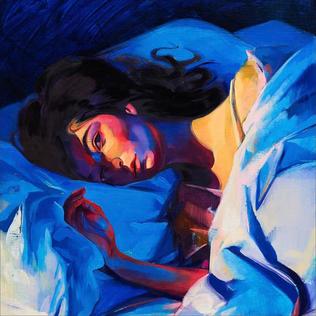
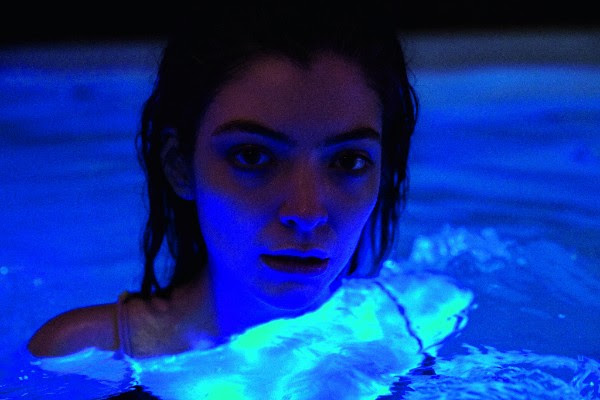

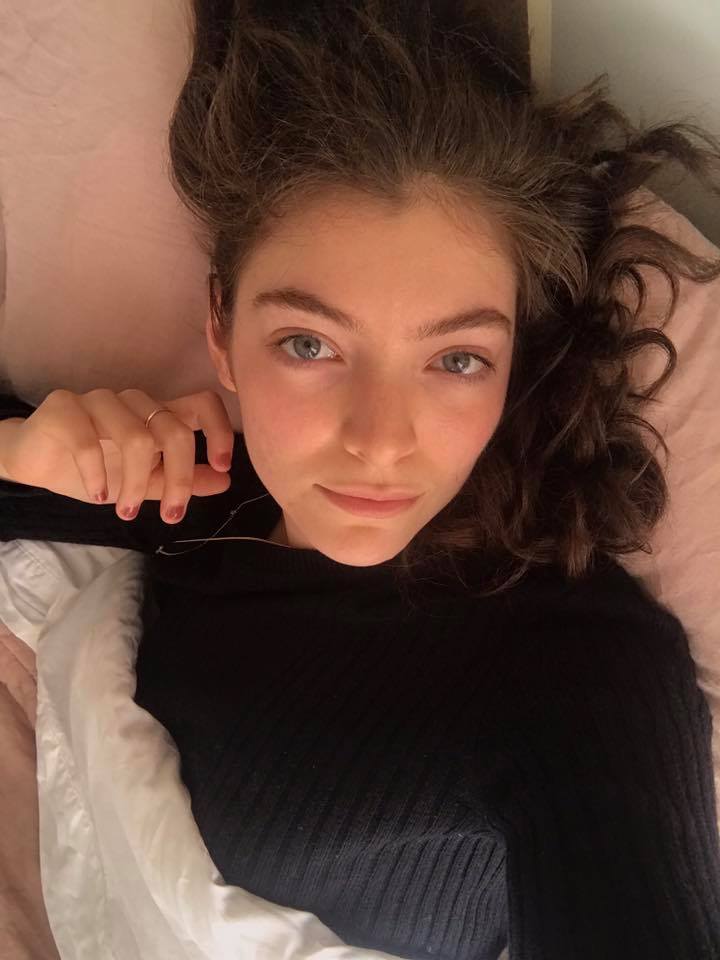
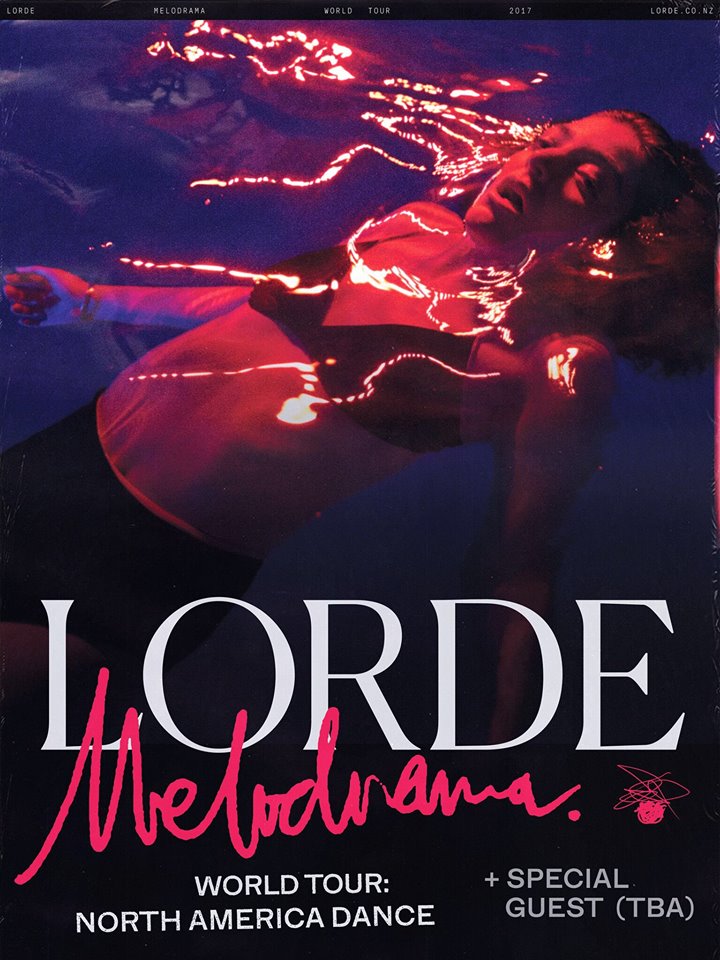


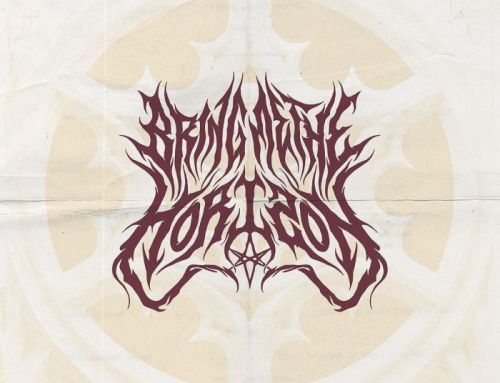


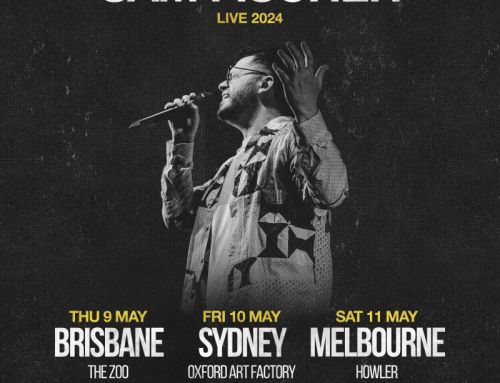
Leave A Comment